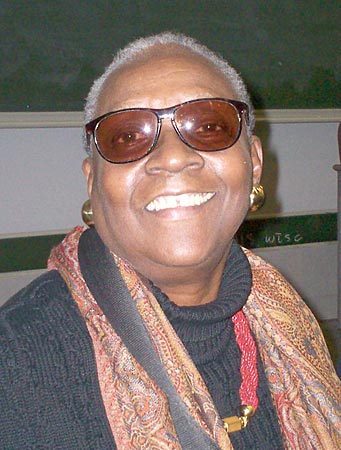
A miracle baby is born on Easter Sunday, rumored to be the child of God. Award-winning Caribbean author Maryse Condé follows his journey in search of his origins and mission. "Throughout her four-decade literary career, the Guadeloupean writer has explored a global vision of the Black diaspora, and placed Caribbean life at the center. In the past few years, Condé has been showered with honors and accolades across the globe. The Haitian writer Edwidge Danticat sees Condé as a “giant of literature,” whose prolific work connects continents and generations. One thing is certain: Condé is finally receiving the acclaim her wide-ranging body of work deserves.” ——Anderson Tepper, The New York Times One Easter Sunday, Madame Ballandra puts her hands together and exclaims: “A miracle!” Baby Pascal is strikingly beautiful, brown in complexion, with gray-green eyes like the sea. But where does he come from? Is he really the child of God? So goes the rumor, and many signs throughout his life will cause this theory to gain ground. From journey to journey and from one community to another, Pascal sets off in search of his origins, trying to understand the meaning of his mission. Will he be able to change the fate of humanity? And what will the New World Gospel reveal? For all its beauty, vivacity, humor, and power, Maryse Condé’s latest novel is above all a work of combat. Lucid and full of conviction, Condé attests that solidarity and love remain our most extraordinary and lifesaving forces.
Author

Maryse Condé is a Guadeloupean, French language author of historical fiction, best known for her novel Segu. Maryse Condé was born as Maryse Boucolon at Pointe-à-Pitre, Guadeloupe, the youngest of eight children. In 1953, her parents sent her to study at Lycée Fénelon and Sorbonne in Paris, where she majored in English. In 1959, she married Mamadou Condé, an Guinean actor. After graduating, she taught in Guinea, Ghana, and Senegal. In 1981, she divorced, but the following year married Richard Philcox, English language translator of most of her novels. Condé's novels explore racial, gender, and cultural issues in a variety of historical eras and locales, including the Salem witch trials in I, Tituba: Black Witch of Salem and the 19th century Bambara Empire of Mali in Segu. In addition to her writings, Condé had a distinguished academic career. In 2004 she retired from Columbia University as Professor Emeritus of French. She had previously taught at the University of California, Berkeley, UCLA, the Sorbonne, The University of Virginia, and the University of Nanterre. In March 2007, Condé was the keynote speaker at Franklin College Switzerland's Caribbean Unbound III conference, in Lugano, Switzerland.